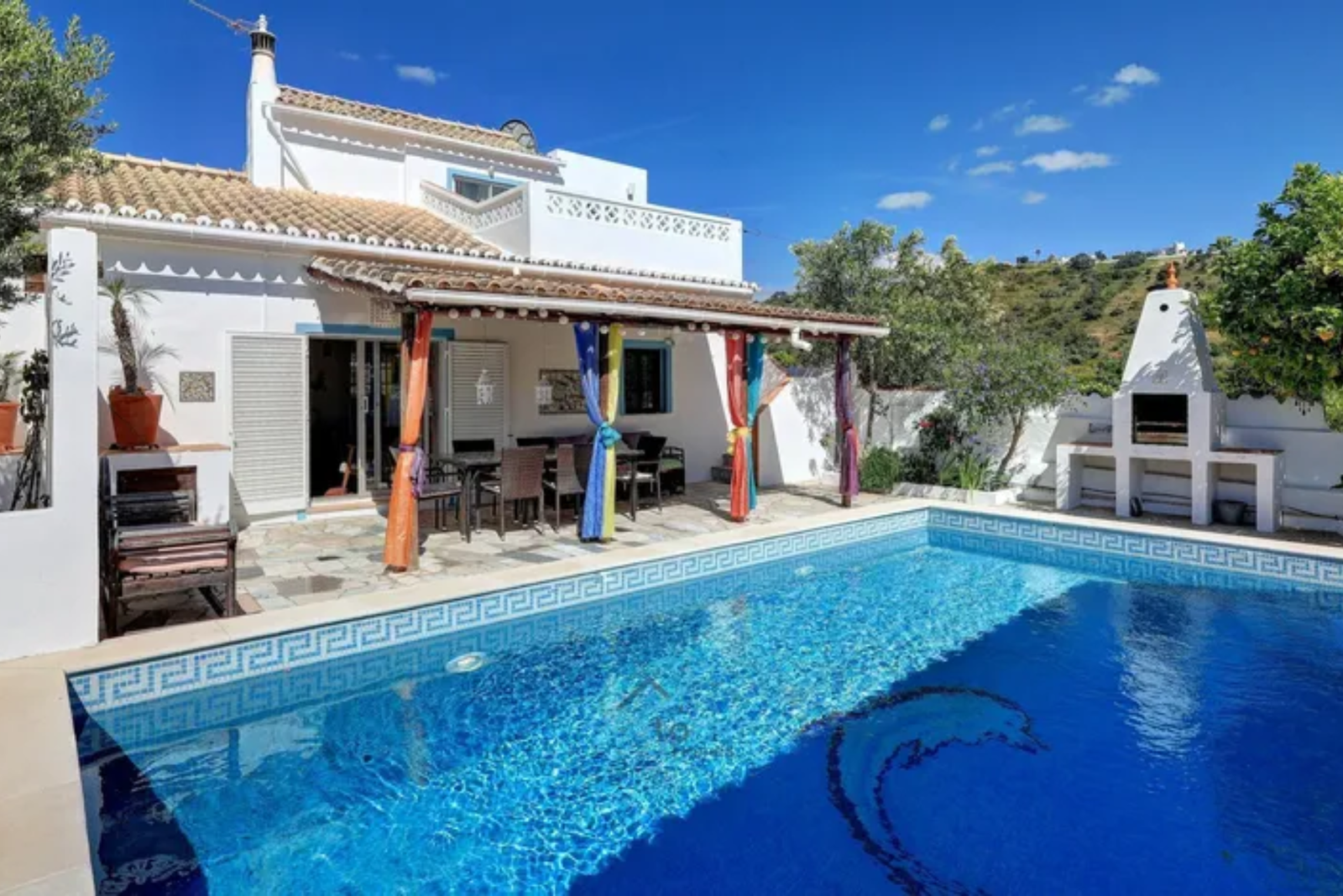Spain has long been one of the most sought-after destinations for property buyers, retirees, and investors alike. With its Mediterranean climate, vibrant culture, and affordable real estate compared to other European markets, Spain offers both lifestyle and investment opportunities. Whether you are looking for a luxury villa on the Costa del Sol, a city apartment in Madrid, or a rural retreat in Andalusia, the Spain real estate market has something for everyone. This guide explores current trends, practical tips for buying property, popular locations, and investment insights to help you make an informed decision.
Why Invest in Spain Real Estate
Spain offers a unique combination of lifestyle benefits and strong investment potential. Compared to other European countries like France, Germany, or the UK, Spain still provides relatively affordable housing. Certain areas, particularly tourist hotspots such as Barcelona, Valencia, and Marbella, offer excellent rental yields, making short-term rental properties a lucrative income source. Beyond investment, Spain is renowned for its pleasant climate, rich culture, and excellent cuisine, attracting expats seeking the Mediterranean lifestyle. Additionally, the real estate market has shown steady long-term growth, supported by low-interest rates and continued foreign investment.
Popular Regions for Spain Real Estate
Costa del Sol is famous for its beaches, golf courses, and luxurious lifestyle. Cities like Marbella, Malaga, and Estepona attract retirees and investors seeking holiday homes, with villas, penthouses, and beachfront apartments dominating the market. Madrid, Spain’s capital, combines modern infrastructure with historic charm, offering both lifestyle convenience and rental potential. Apartments in central areas or modern developments on the outskirts appeal to young professionals and families. Barcelona is ideal for those who appreciate vibrant city life, architecture, and cultural experiences. While prices are higher than in other cities, the demand for rental properties and holiday homes ensures good returns. Valencia is becoming increasingly popular due to its affordability and growing economy, combining urban amenities with beautiful beaches. Alicante and Murcia offer budget-friendly options and a high quality of life, with growing expat communities. For those seeking peace, rural Spain offers fincas and traditional farmhouses, ideal for a tranquil lifestyle or tourism rentals.
Types of Properties in Spain
When exploring Spain real estate, it’s important to know the variety of properties available. Apartments and Penthouses are popular in cities and coastal areas, often featuring amenities like pools, gyms, and security. Villas and Luxury Homes are common in southern Spain, offering privacy, gardens, and private pools. Townhouses provide a balance between city apartments and countryside villas, while fincas are traditional country houses with large plots of land, perfect for tranquility or farming. Buyers can also choose between new developments, offering modern amenities and warranties, and resale properties, which often have character and potentially lower prices.
Steps to Buying Property in Spain
Buying property in Spain as a foreigner is straightforward but requires careful planning. Begin by researching the market, understanding local trends, prices, and rental yields. Hire a lawyer to ensure the property is legally sound, check for debts, and review contracts. Obtain a NIE number, necessary for all property transactions, and open a Spanish bank account to facilitate payments and taxes. Property viewings are essential, either in person or via virtual tours, to assess the neighborhood and amenities. Once a property is chosen, sign a reservation contract with a deposit, then conduct due diligence to verify licenses and debts. The completion, or escritura, is signed at a notary, finalizing the purchase. Finally, register the property at the local Land Registry to secure ownership rights.
Financing Options
Foreign buyers can finance property purchases through Spanish banks, which typically provide up to 70% of the property value for non-residents. Some international banks offer loans for Spanish properties, but many buyers prefer cash purchases to simplify the process and avoid currency fluctuations.
Costs Associated with Buying Property
When purchasing Spain real estate, additional costs include transfer tax (ITP), ranging from 6-10% depending on the region, notary fees (0.5-1.5%), land registry fees (~1%), legal fees (1-2%), and ongoing costs like property tax (IBI), community fees, and utilities.
Spain Real Estate Market Trends 2025
The market continues to evolve with rising foreign investment from countries like the UK, Germany, France, and Scandinavia. Sustainable and smart homes with energy efficiency are increasingly common. Short-term rentals remain influential, particularly in coastal and city markets. Urban regeneration projects in Madrid and Barcelona are redeveloping older districts, attracting both investors and renters.
Global Real Estate Made Reliable with Property Tekce
Property Tekce delivers professional, transparent, and reliable real estate solutions to international buyers. Specializing in high-quality properties across Turkey, Spain, and the UAE, Tekce ensures each client receives expert guidance tailored to their needs. Explore Property Tekce to discover trusted listings and make your global property journey secure and rewarding.
Tips for a Successful Investment
To maximize your investment, choose the right location with tourism potential, infrastructure, and amenities. Work with reputable local agents who understand regulations and trends. Consider long-term value for resale or rental potential. Ensure compliance with local laws, including rental regulations and taxes. Finally, visit the property before buying to fully understand the neighborhood and lifestyle.
Lifestyle Benefits of Owning Property in Spain
Owning property in Spain goes beyond investment—it’s about lifestyle. Enjoy the Mediterranean climate, mild winters, sunny summers, and outdoor activities. Spain offers a rich cultural scene, festivals, tapas, wine, and historical heritage. Healthcare is excellent and affordable. Many regions have thriving expat communities, making integration easier. Spain’s location also allows convenient travel across Europe.
Conclusion
Spain real estate provides a unique combination of investment opportunities and lifestyle benefits. From bustling cities to serene coastal towns, the market is diverse and accessible to foreign buyers. By researching the market, working with professionals, and carefully planning your purchase, you can secure a property that meets your personal and financial goals. Whether for a holiday home, permanent residence, or rental income, Spain offers opportunities that few countries can match. Explore Spain real estate today and embrace the lifestyle and investment possibilities that await.





